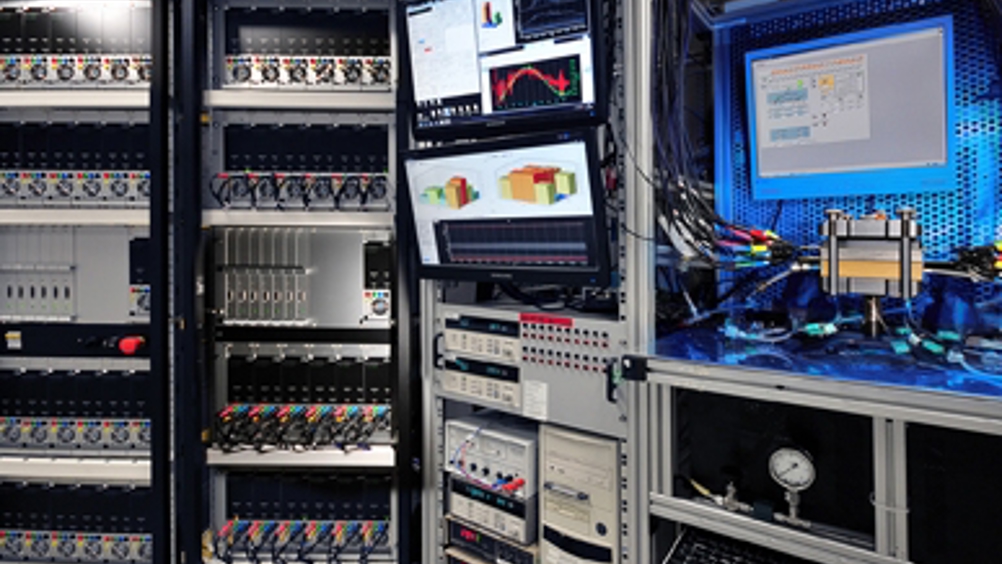Fraunhofer and UBC partner on sustainable energy research
Fraunhofer and the University of British Columbia (UBC) have entered into a €4m (£3.3m) partnership to jointly develop technologies for sustainable energy production and supply.

On 21 December 2012 Fraunhofer and the university signed a framework agreement giving the green light for a collaboration spanning several years.
‘The co-operation with the UBC will support us in one of our key topics,’ said Prof Reimund Neugebauer, president of the Fraunhofer-Gesellschaft. ‘Sources of energy in the 21st century will change, and this brings up many questions we have to solve. With the UBC we have found an excellent international partner for energy research.’
It has been demonstrated that using the surplus electricity from wind or solar power plants to generate hydrogen is a possible option for energy storage.
According to Fraunhofer, the partners will examine the development of innovative electrodes, as well as electrolysis cells for PEM electrolysers in recognition of hydrogen’s increasing importance as a universal and renewable energy source for the storage of electricity. An additional sub-project will investigate the recycling of the used hydrogen in the production of solar cells.
Register now to continue reading
Thanks for visiting The Engineer. You’ve now reached your monthly limit of news stories. Register for free to unlock unlimited access to all of our news coverage, as well as premium content including opinion, in-depth features and special reports.
Benefits of registering
-
In-depth insights and coverage of key emerging trends
-
Unrestricted access to special reports throughout the year
-
Daily technology news delivered straight to your inbox










Water Sector Talent Exodus Could Cripple The Sector
Well let´s do a little experiment. My last (10.4.25) half-yearly water/waste water bill from Severn Trent was £98.29. How much does not-for-profit Dŵr...